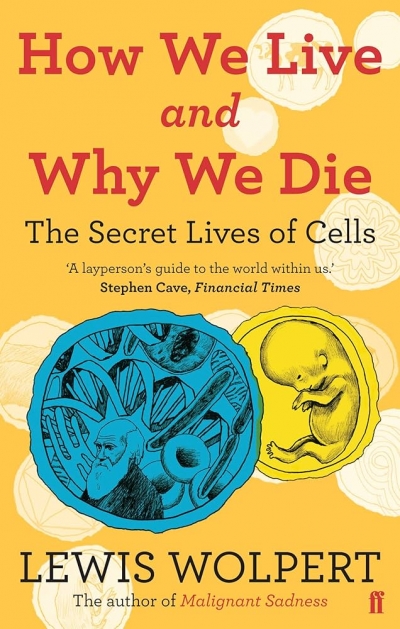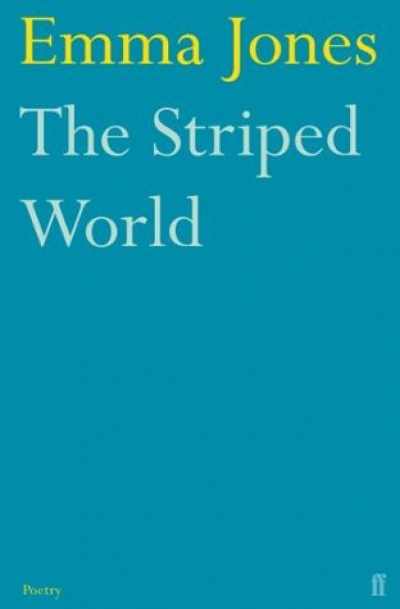It is fitting that ‘Waking’, a poem that links waking with birth, opens this inspired début collection from Emma Jones: ‘There was one morning // when my mother woke and felt a twitch / inside, like the shifting of curtains. // She woke and so did I.’ So the narrator-poet announces her arrival. The birthing theme continues in the next poem, ‘Farming’, in which pearls are ‘shucked from the heart of their grey mothers’. The same poem also foregrounds the poet’s interest in Ballard-like submerged worlds – oyster farms and shipwrecks, but also entire cities – and in the polarities of sky and sea. Indeed, this collection as a whole engages imaginatively with many dualisms: worldly/other worldly, internal/external, being/not being, self/other. Jones’s method is one of controlled playfulness, and despite many allusions to biblical themes and imagery, she avoids the didactic dualism of good/evil.
...
(read more)






